Generics are a facility of generic programming that were added to the Java programming language in 2004 within J2SE 5.0. They allow "a type or method to operate on objects of various types while providing compile-time type safety.
For an example I like the one on tutorialspoint:
public class GenericMethodTest
{
// generic method printArray
public static < E > void printArray( E[] inputArray )
{
// Display array elements
for ( E element : inputArray ){
System.out.printf( "%s ", element );
}
System.out.println();
}
public static void main( String args[] )
{
// Create arrays of Integer, Double and Character
Integer[] intArray = { 1, 2, 3, 4, 5 };
Double[] doubleArray = { 1.1, 2.2, 3.3, 4.4 };
Character[] charArray = { 'H', 'E', 'L', 'L', 'O' };
System.out.println( "Array integerArray contains:" );
printArray( intArray ); // pass an Integer array
System.out.println( "\nArray doubleArray contains:" );
printArray( doubleArray ); // pass a Double array
System.out.println( "\nArray characterArray contains:" );
printArray( charArray ); // pass a Character array
}
}
This would produce the following result:
Array integerArray contains:
1 2 3 4 5 6
Array doubleArray contains:
1.1 2.2 3.3 4.4
Array characterArray contains:
H E L L O Array integerArray contains:
1 2 3 4 5 6
Array doubleArray contains:
1.1 2.2 3.3 4.4
Array characterArray contains:
H E L L O
For more on this link.
